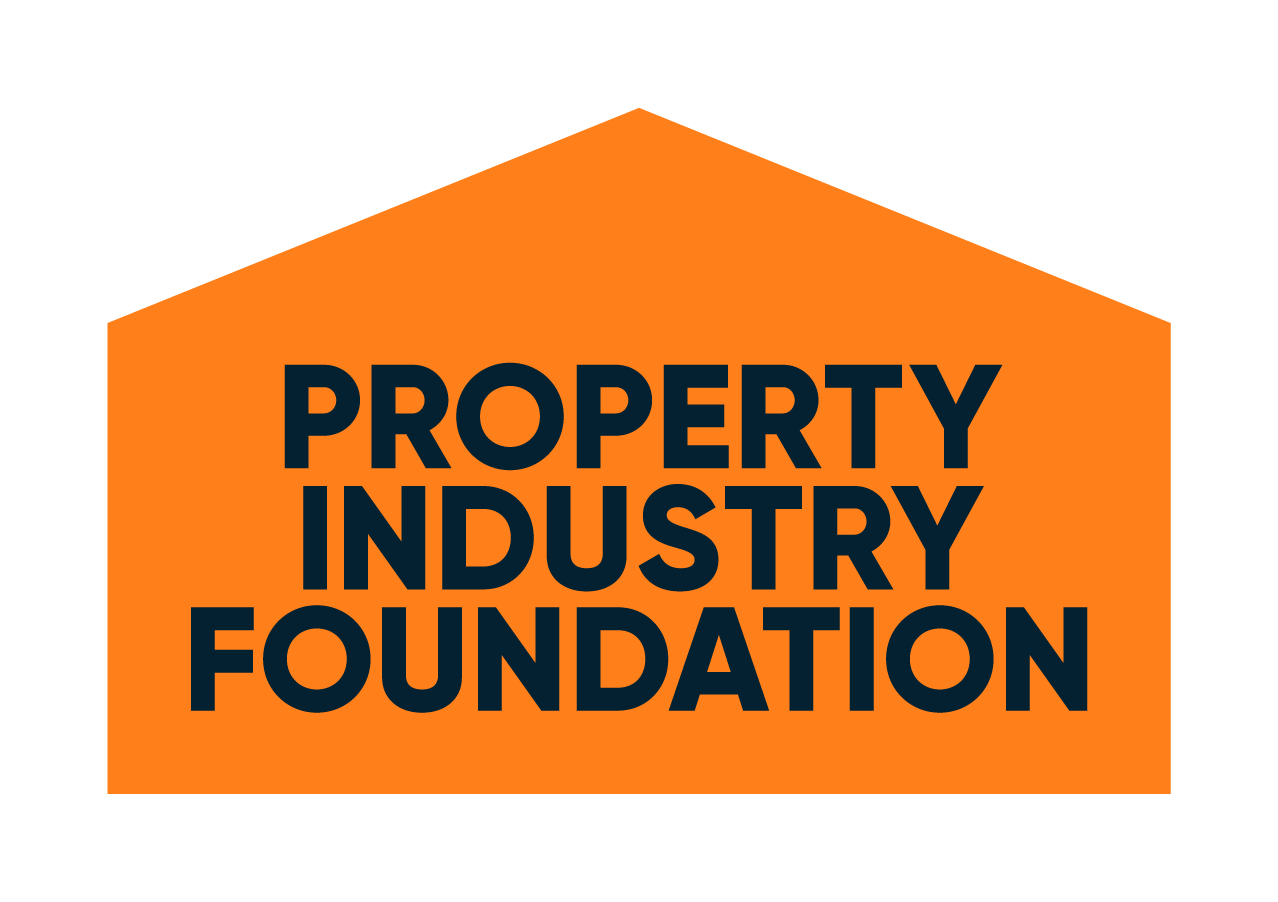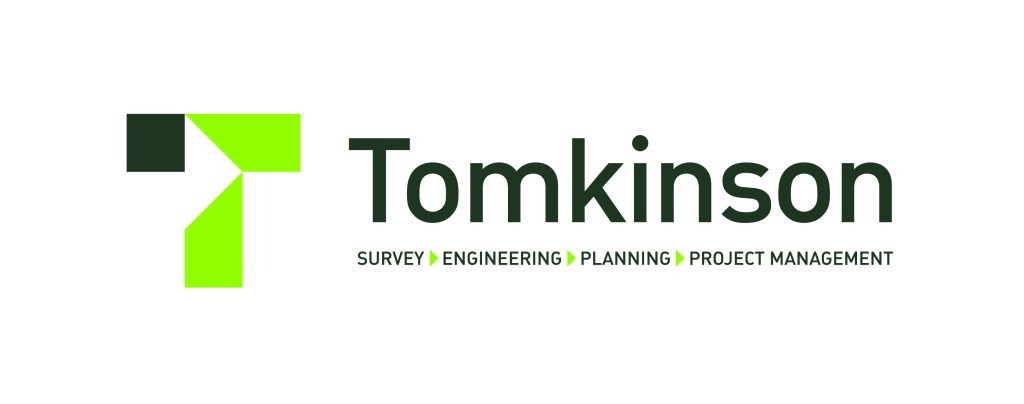UDIA Victoria Media Release
The peak body for Victoria’s urban development industry says that the State’s current lockdown proves the property tax hikes in May’s State Budget are poorly timed and risk hurting the State’s economic recovery.
Matthew Kandelaars, CEO of the Urban Development Institute of Australia, Victoria (UDIA Victoria), said the increases to stamp duty and land tax and the imposition of a new rezoning tax will hurt jobs and cost billions in economic output, and the fragile state of Victoria’s economic recovery proves that not only are the taxes illconsidered, they are poorly timed.
“In the two months since the urban development industry was hit with $2.4 billion in tax hikes, we’ve seen the State sent back into lockdown twice. Although this lockdown is necessary, any notion that our industry can absorb these hits is disproved by current events,” Mr Kandelaars said.
UDIA Victoria modelling has shown the significant economic impact of the Government’s proposed rezoning tax, which will render job-creating projects unviable throughout Melbourne and regional Victoria.
“The Government’s proposed rezoning tax will cost at least 20,000 direct jobs and over $7 billion in economic output. Projects have already stalled based on the Government’s proposed tax and the uncertainty that it has brought, even before back-to-back lockdowns.”
“Stalled projects won’t just impact on tradies’ jobs, but economic multipliers mean that they will also reduce spending in small businesses right across the state.”
UDIA Victoria has proposed an alternative model to the Government’s rezoning tax. The model shifts from a tax on hypothetical valuation gains – which will make it impossible for many projects to proceed – to a transparent contributions model.
“What we’re proposing is still a betterment tax and will achieve the Government’s objectives, but it will do so in a manner that will result in far less harm to individual projects – allowing those projects to proceed and support jobs, create new homes and support housing affordability at a time our economic recovery needs it most,” said Mr Kandelaars.
The urban development industry is urging the Government to consider this alternative model in light of the clear change of trajectory of our economic recovery since the rezoning tax was announced.
“The fastest way for us to promote economic recovery is for the private and public sectors to work together. Now is the time for the Government to work with industry and to consider fresh ideas that reflect the fast moving environment we’re all navigating.”
– ENDS –
MEDIA CONTACTS
Matthew Kandelaars: Chief Executive Officer, UDIA Victoria
E: matthew@udiavic.com.aui
M: 0416 443 555
ADDENDUM: Windfall Gains Tax Background
The Andrews Government’s proposed Windfall Gains Tax (“Rezoning Tax”), announced in the last State Budget, will tax 50 per cent of the gains from the uplift in value of land upon a rezoning. It is scheduled to commence, once passed by Parliament and established into law, on 1 July 2022.
There is no current draft legislation.
Property developers invest in land and development projects based on certainty of regulation and financial viability. It is impossible for a developer (or external parties like banks, on whom the majority of developers rely to fund jobcreating projects) to assess potential tax liablilities under a model where future valuations on rezoned land are not known. Without this certainty, projects will become very risky and many will not proceed.
A transparent contributions model, similar to the current Growth Areas Infrastructure Contributions (GAIC) that apply in outer-suburban Melbourne, will be based on a contribution per hectare. Currently, average GAIC liabilities are $108,550 per hectare.
The GAIC contributions reflect the value uplift in the land, similar to the way in which the Government’s Windfall Gains Tax is proposed, but allows a developer to factor the costs in with certainty so that rates of return can be assessed and a project can proceed.










